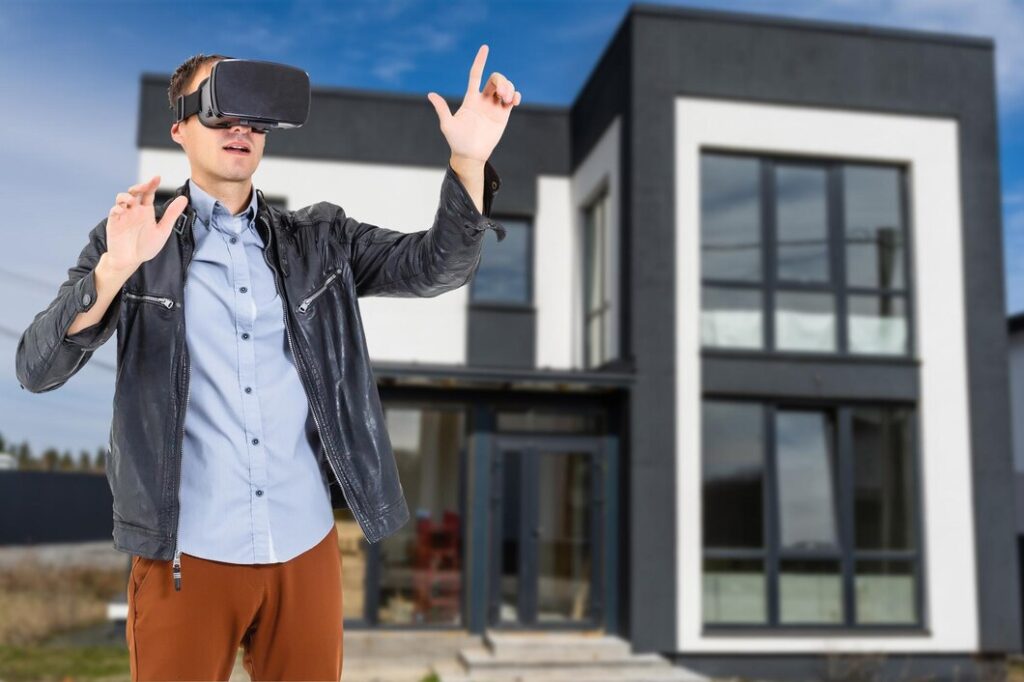Introduction
In an age of digital connectivity and urban sprawl, the sense of community in neighborhoods can often feel diluted or overlooked. However, the importance of strong, vibrant communities cannot be overstated. From fostering social connections to promoting safety and well-being, engaged communities play a crucial role in creating a sense of belonging and enhancing overall quality of life. In this blog post, we’ll explore the significance of civic engagement in building stronger neighborhoods and provide practical tips for individuals looking to get involved and make a difference in their local community.
The Importance of Civic Engagement
Civic engagement encompasses a wide range of activities and initiatives aimed at improving the quality of life within a community. From volunteering for local events to participating in neighborhood clean-up efforts, these actions contribute to a sense of shared responsibility and collective pride. Here are some key reasons why civic engagement is essential for building stronger neighborhoods:
- Fostering Social Connections: Engaging with fellow residents and community organizations helps foster meaningful social connections, reducing feelings of isolation and loneliness.
- Promoting Safety and Security: Active community involvement can deter crime and promote a sense of safety and security, as neighbors look out for one another and work together to address common concerns.
- Enhancing Quality of Life: By participating in local initiatives and projects, residents can actively contribute to the improvement of neighborhood amenities, green spaces, and infrastructure, enhancing overall quality of life for everyone.
- Empowering Residents: Civic engagement empowers residents to have a voice in shaping the future of their community, whether through participating in local governance or advocating for policy changes that benefit the neighborhood.
- Building Resilience: Strong, connected communities are better equipped to weather challenges and crises, from natural disasters to economic downturns, as residents come together to support one another and find solutions to common problems.
Practical Tips for Getting Involved
Getting involved in your local community doesn’t have to be daunting. Here are some practical tips for individuals looking to make a difference and build stronger neighborhoods through civic engagement:
- Attend Community Meetings and Events: Stay informed about local issues and opportunities by attending neighborhood meetings, town halls, and community events. These gatherings provide valuable insights into the needs and concerns of your community and offer opportunities to connect with fellow residents.
- Volunteer Your Time: Whether it’s helping out at a local food bank, participating in a neighborhood clean-up day, or mentoring local youth, volunteering your time is a meaningful way to give back to your community and make a positive impact.
- Join Community Organizations: Get involved with community organizations and non-profits that align with your interests and values. Whether it’s a neighborhood association, environmental group, or cultural society, joining forces with like-minded individuals can amplify your impact and create lasting change.
- Support Local Businesses: Patronize local businesses and restaurants to support the economic vitality of your neighborhood. By shopping locally, you help create jobs, stimulate economic growth, and foster a strong sense of community pride.
- Get Involved in Local Politics: Take an active role in local governance by attending city council meetings, joining a neighborhood advisory board, or running for elected office. By participating in the decision-making process, you can help shape the future direction of your community and advocate for positive change.
Conclusion
In an increasingly interconnected world, the value of strong, connected communities cannot be overstated. Through civic engagement and active participation, individuals have the power to build stronger neighborhoods, foster meaningful social connections, and create a sense of belonging for all residents. By following the practical tips outlined in this blog post, you can play a vital role in shaping the future of your community and making a positive impact on the lives of those around you.





